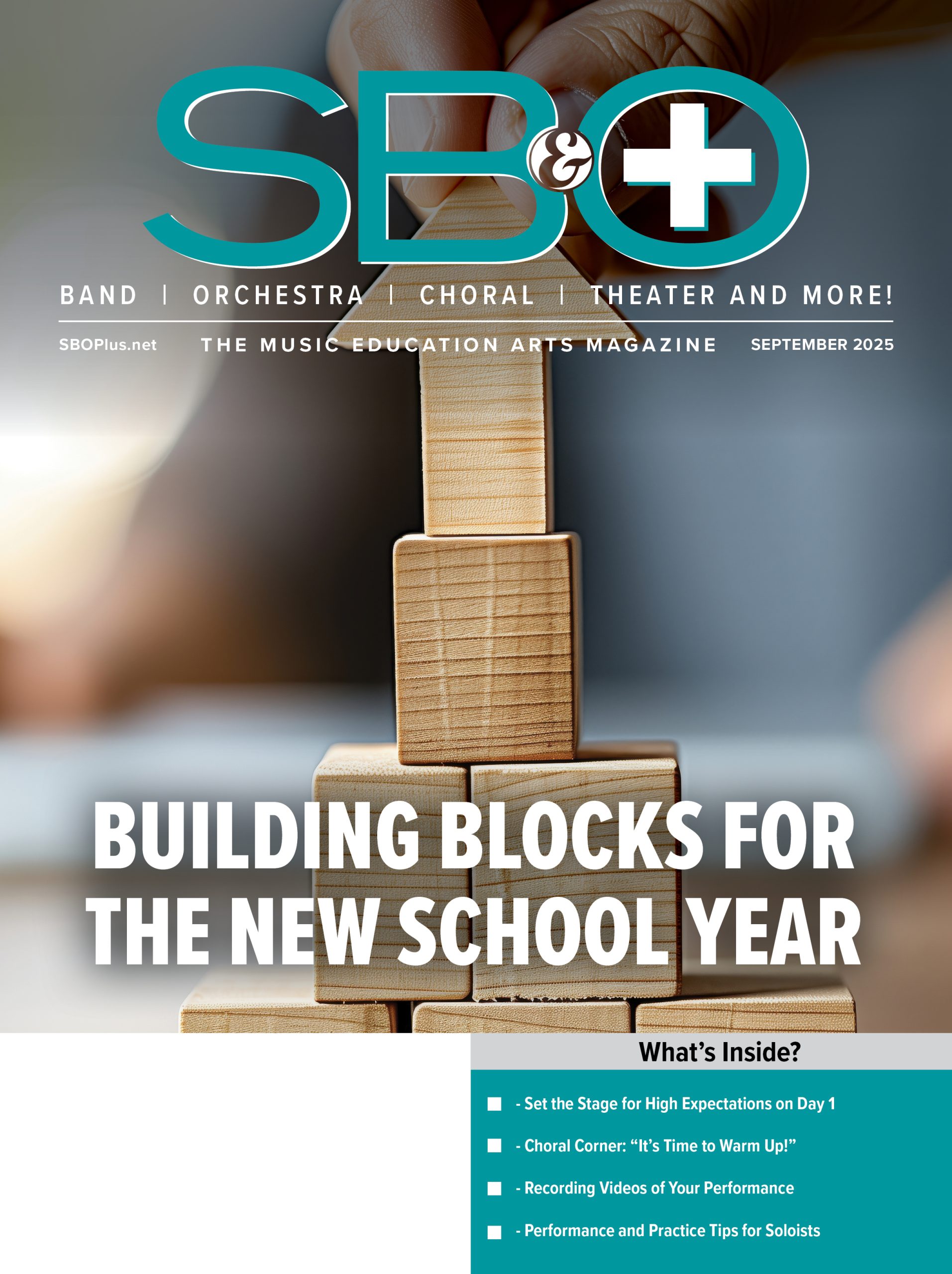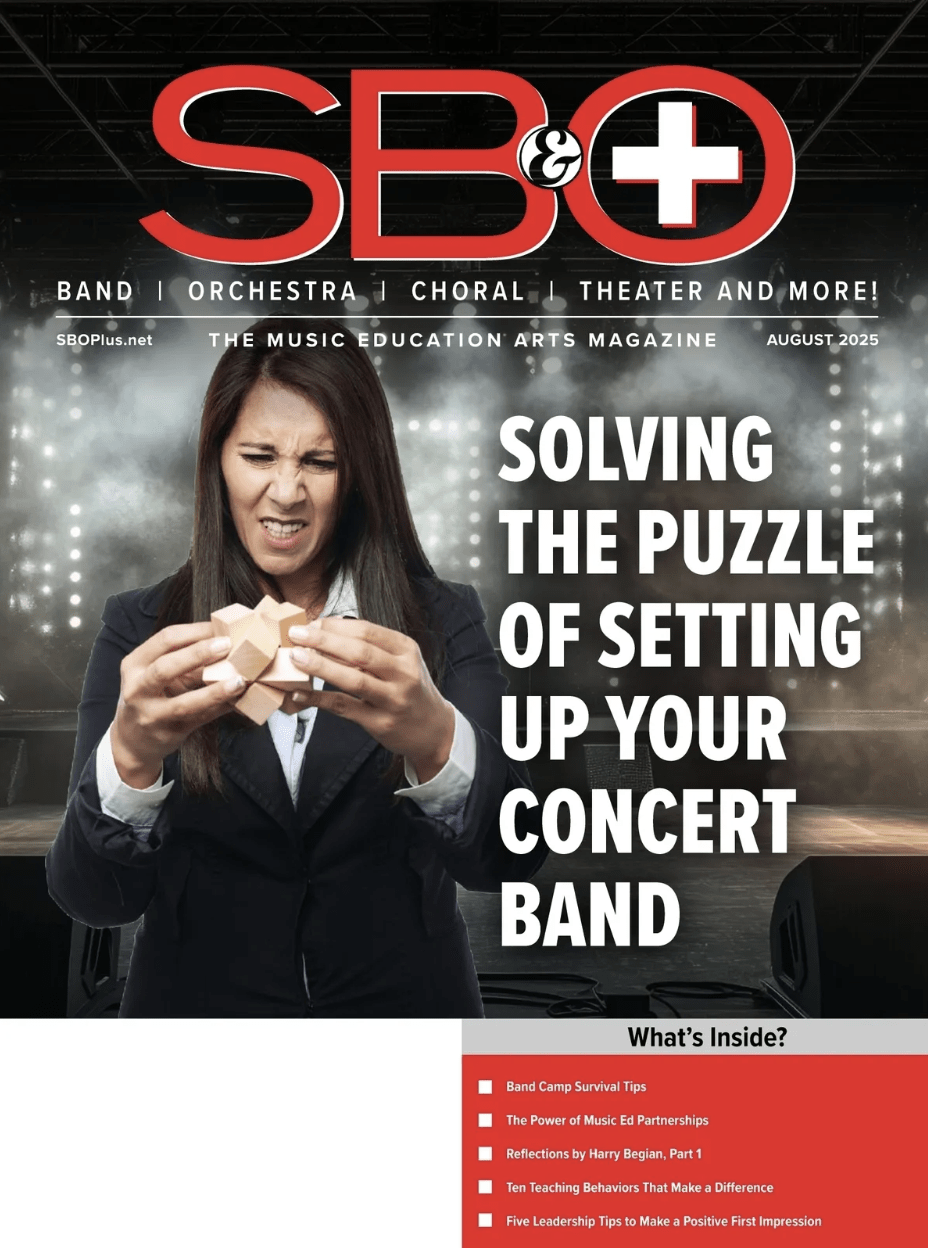Everyone knows that learning and playing music has innumerable educational and developmental benefits. The many skills it takes to become proficient at playing an instrument will also serve people in a variety of other ways throughout their lives: from fine motor skills to auditory skills, social skills of working in an ensemble to the focus and discipline needed to practice effectively, and so on. While this may be common knowledge for music educators, there isn’t actually much scientific evidence of the concrete and specific ways in which music helps cognitive or social development of music learners.
People have been theorizing about the many benefits of music making for thousands of years. In fact, the word “music” comes from the “Muses” of ancient Greece, the deities who represented creative and intellectual endeavors. And for just as long, people have been observing these benefits in musicians and those who study music, noting that it must not be coincidence that so many high school band and orchestra members excel at academic achievement and bolster their schools’ honor rolls.
Dr. James Catterall, a professor at UCLA and a leading researcher in the field of Arts Education, has performed studies concluding that students who reported a high level of involvement with learning a musical instrument had “significantly higher levels of mathematics proficiency by grade 12” than those who did not study music. Another study of Dr. Catterall’s looked at 25,000 students and found that students involved in music also score higher at standardized tests, as well as reading proficiency exams. And while this is certainly welcome news – affirming what may be obvious to music educators – those studies still only determine a vague link between achievement and music, failing to explain the specifics of why and how music is so beneficial.
While certainly helpful for making the case that music is a great learning tool, these types of observational studies still leave many questions unanswered. For example, scientists might wonder, “Maybe it’s not that music makes kids smarter; maybe the smart kids are all simply drawn to music?” Although there may be such an overwhelming body of correlational evidence of the benefits of music that some might call it both obvious and indisputable, the real questions of “why” and “how” music impacts learning and cognitive development persist. Even though philosophers, poets, scientists, researchers, and other thinkers have pondered this topic for millennia, technological advances of the last few decades have finally enabled the research to go beyond correlational inference and into the brain itself.
Magnetic Resonance Imaging (MRI) machines allow researchers to look at brain shape and activity, seeing which areas of the nervous system activate as the brain processes information in real time. Electroencephalography (EEG) machines allow researchers to read and record the electrical impulses emitted by the brain. These relatively recent technological innovations have spawned a veritable explosion in the field of neurological research, because, for the first time in the history of humanity, the brain itself can be observed and measured – without splitting open the cranium.
SBO’s coverage of this fascinating topic is divided into three sections: a look at some of the research being done in the field via two leading scientists, Dr. Ani Patel and Dr. Nina Kraus; a discussion with Dalouge Smith, the President and CEO of the San Diego Youth Symphony, which is involved in a potentially groundbreaking study on how music impacts the cognitive development of young learners; and a look into the burgeoning field of Music Wellness, which examines some of the medical, social, and psychological benefits associated with music making.
Music and the Brain Part 1: An Introduction to Researching Music and the Brain
Music and the Brain Part 2: Dalouge Smith of the SDYS
Music and the Brain Part 3: Music and Wellness


























